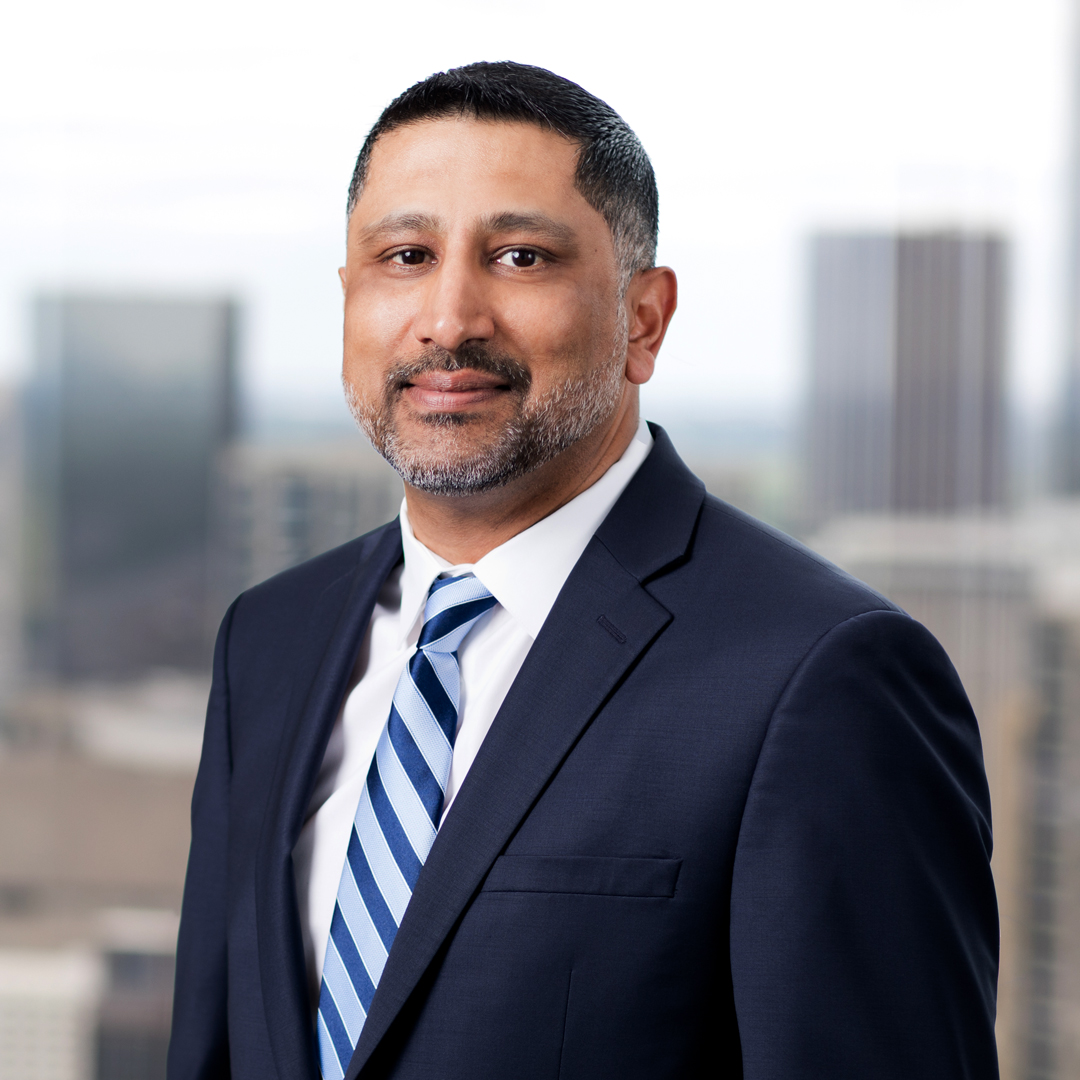Vishal Agnihotri has worked on three different continents, speaks five languages, and has worked with teams from Bangalore to Brussels and from Boston to Brazil. She says none of this is a requirement for a chief knowledge officer, but it certainly doesn’t hurt.
Agnihotri, chief knowledge officer at Hinshaw & Culbertson, has been in knowledge management for more than twenty years and has navigated technological inflection points from dial-up to artificial intelligence for both accounting and law firms. Agnihotri’s extensive experience in both business research, competitive intelligence and technology adoption is an ideal fit for knowledge management, and her résumé reads like a blueprint for assembling essential experiences that she is leveraging in her current role for the past two years.
The chief knowledge officer underplays her life experience previous to her career, but it’s essential in understanding her desire to gain new knowledge. As an Indian raised early on in Kuwait, Agnihotri was seen as different and treated as an outsider in both countries.
She moved back to Kuwait after graduating university in the mid-1990s and had one of two options. The conservative country that had just been liberated from Saddam Hussein’s takeover offered few options for an educated, single woman. “Professionally, you could be a teacher or a secretary,” Agnihotri says. She chose the former; her mother was a career teacher of thirty-eight years. But after a year, she realized that this path wasn’t enough for her young, hungry mind.
“I could see that my opportunities were limited in Kuwait,” Agnihotri says. She fiercely resisted her family’s traditional view of marrying her off right out of college and instead sought to pursue her MBA, researching colleges in the only English public library in the country, the one affiliated with the British Embassy. With no guidance or mentors, she would write down the names of colleges, type out applications on her typewriter, and fax them off.

“I don’t know how I got three acceptance letters or managed to convince my parents to let me go, but later that year, it felt fantastic to step onto those fall leaves on a university campus to start off a graduate program in a new country. At that point, I had never seen fall leaves! Every step after that was challenging but enriching,” she says.
Agnihotri says her diversity of experience, in career and life, has allowed what she calls “hybrid thinking,” being able to manage multiple viewpoints concurrently. “Based on the places I’ve lived, I think my empathy quotient has really gone up,” Agnihotri says. “It is very key in my current role. When you’re rolling out technology and asking busy billable professionals like lawyers or accountants or auditors, you can’t come from a place of ‘I know best and let me just throw this at you.’”
Knowledge management at Hinshaw means bringing in new technology but keeping in mind that her constituents don’t spend their time eagerly hoping to examine a new system or process that might make their lives easier. Every two years, according to Moore’s Law, processing power doubles—which means technology gets faster. “Moore’s Law applies to technology, but it doesn’t apply to enterprise technology adoption,” Agnihotri says. “People and organizations are complex; they can’t just be switched on and off.”
“Moore’s Law applies to technology, but it doesn’t apply to technology adoption. People and organizations are complex; they can’t just be switched on and off.”
It’s then a priority for Agnihotri to shorten learning curves on new tools and processes and demonstrate that those investments of time can lead to lasting benefits. New tools like Lex Machina and Context from legal publisher LexisNexis are able to analyze perspective outcomes based on federal records of judges’ and courts’ tendencies and leanings. “Using those kinds of analytics, lawyers can now design much more nuanced litigation strategies,” Agnihotri says. “That’s a game-changer, and if you’re not using tools like this, you can bet that the next firm is.”
Agnihotri’s progressive approach has been noted by Anthony Davies, vice president of sales and account management at LexisNexis. “Vishal is super focused on innovation and best practice and genuinely encourages business partners to contribute to the firm’s strategy and vision,” he says. “She is always open to exploring new ideas, maintains open and honest lines of communication, builds strong relationships, and offers a positive and constructive approach to every interaction.”
While knowledge management as a field is relatively young, Agnihotri says that any company that is document-intensive or offers professional services needs knowledge management. “The volume and variety of the information we are surrounded by keeps increasing both internally and externally,” she says, “and knowledge management helps manage that overload of data, so the right information can be found at the right time.”
There is an urgency around cultivating technology adoption in law firms, Agnihotri argues. The American Bar Association has mandated an ethical duty of technological competence. “You cannot spend too many hours on research because you don’t know how to research properly and then bill that to a client,” Agnihotri says. “Advances in search engine technology and contract analytics means that digging through boxes of paper are a thing of the past. Analytics software can help detect and display patterns in large amounts of data that would otherwise take an unviable number of manhours.”
The law may move slowly, but Agnihotri continues to effectively implement and adopt technology to grease the rails.

